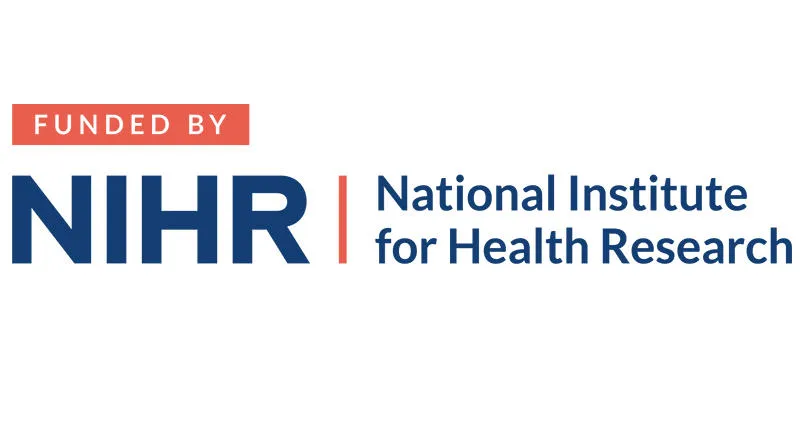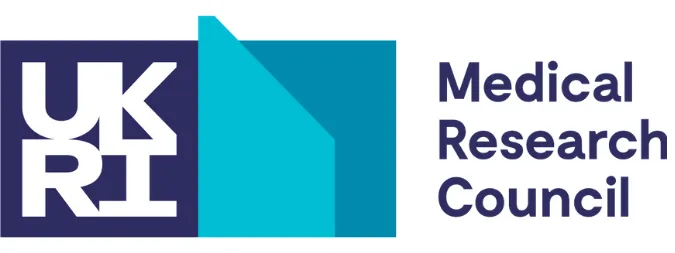The GLAD lab conducts research on autism and other developmental disabilities across the globe. Our research focuses on the identification and assessment of autism and other developmental disabilities, including the development, adaptation and validation of tools to identify developmental disabilities in the community, and validation of tools to better characterise the heterogeneity of autism. We try to further the understanding of the mechanisms underlying autism’s heterogeneity, including genetic, sociocultural and gender explanations. Lastly, our research considers interventions to improve the identification of and support for children with developmental disabilities in low-resource settings.
We work with the World Health Organization to adapt and evaluate their Caregiver Skills Training programme for families with children with developmental disabilities in urban and rural Ethiopia and Kenya. Together with Kenyan and Ethiopian partners we run the NIHR-funded SPARK project, aiming to improve support for children with developmental disabilities and their families in Ethiopia and Kenya. The SPARK project includes a large randomised controlled trial of the Caregiver Skills Training programme.
Our research is supported by grants from the National Institute for Health Research (UK), the Medical Research Council (UK), Wellcome Trust, DfID, Autism Speaks and the Alan B. Slifka foundation. We collaborate with colleagues at Addis Ababa University (Ethiopia), KEMRI and Aga Khan University (Kenya), the University of Kwazulu Natal (South Africa/Zimbabwe), Oxford University, the University of Technology Sydney (Australia), the Vrije Universiteit Amsterdam (the Netherlands) and the World Health Organization.
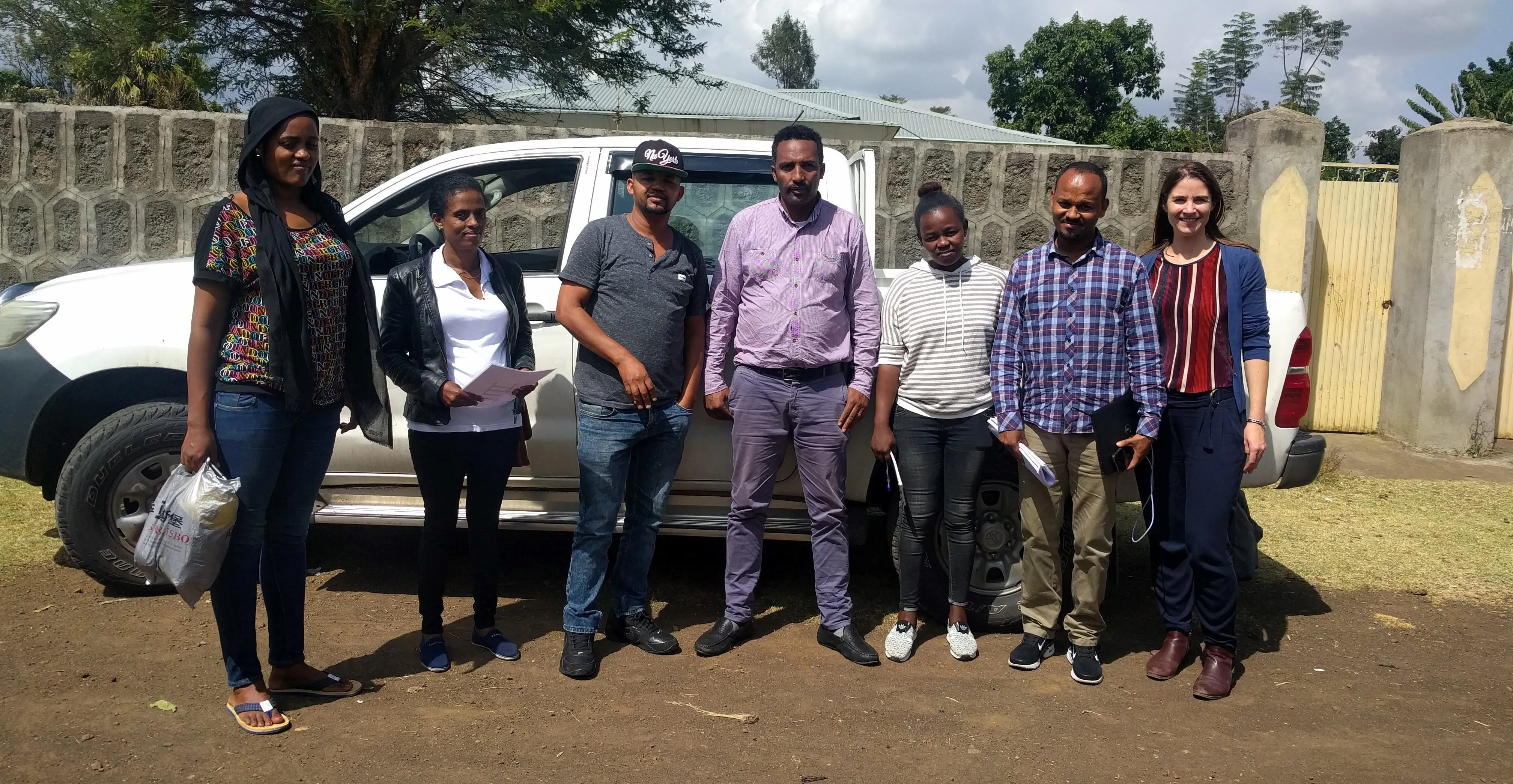
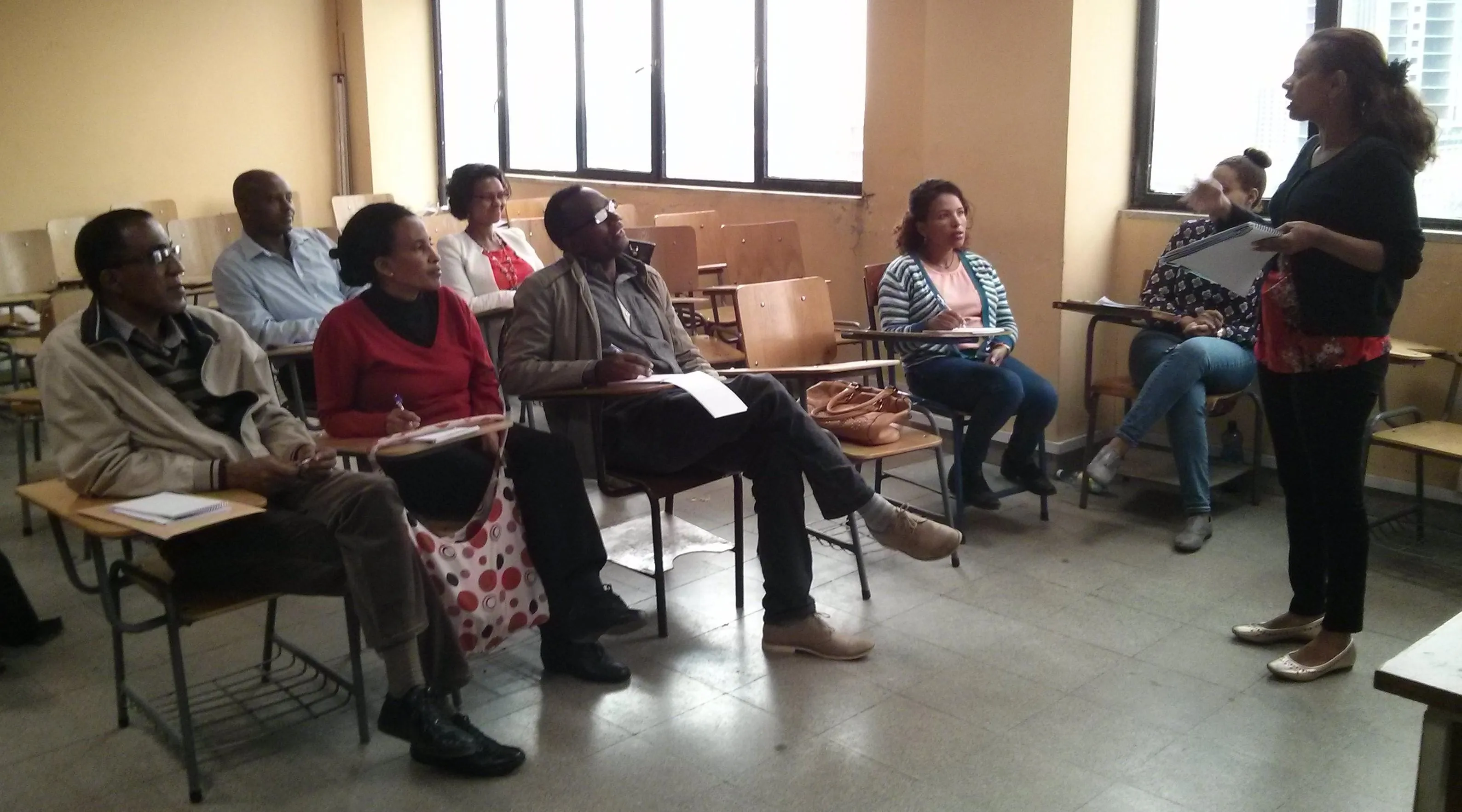
Our Partners
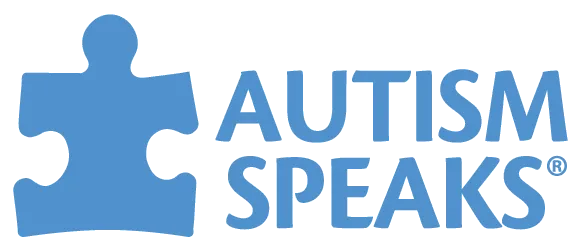
Autism Speaks

The Alan B. Slifka Foundation
Contact us
Head of Research Lab
Dr Rosa Hoekstra - Reader in Global Perspectives on Neurodevelopmental Disorders

